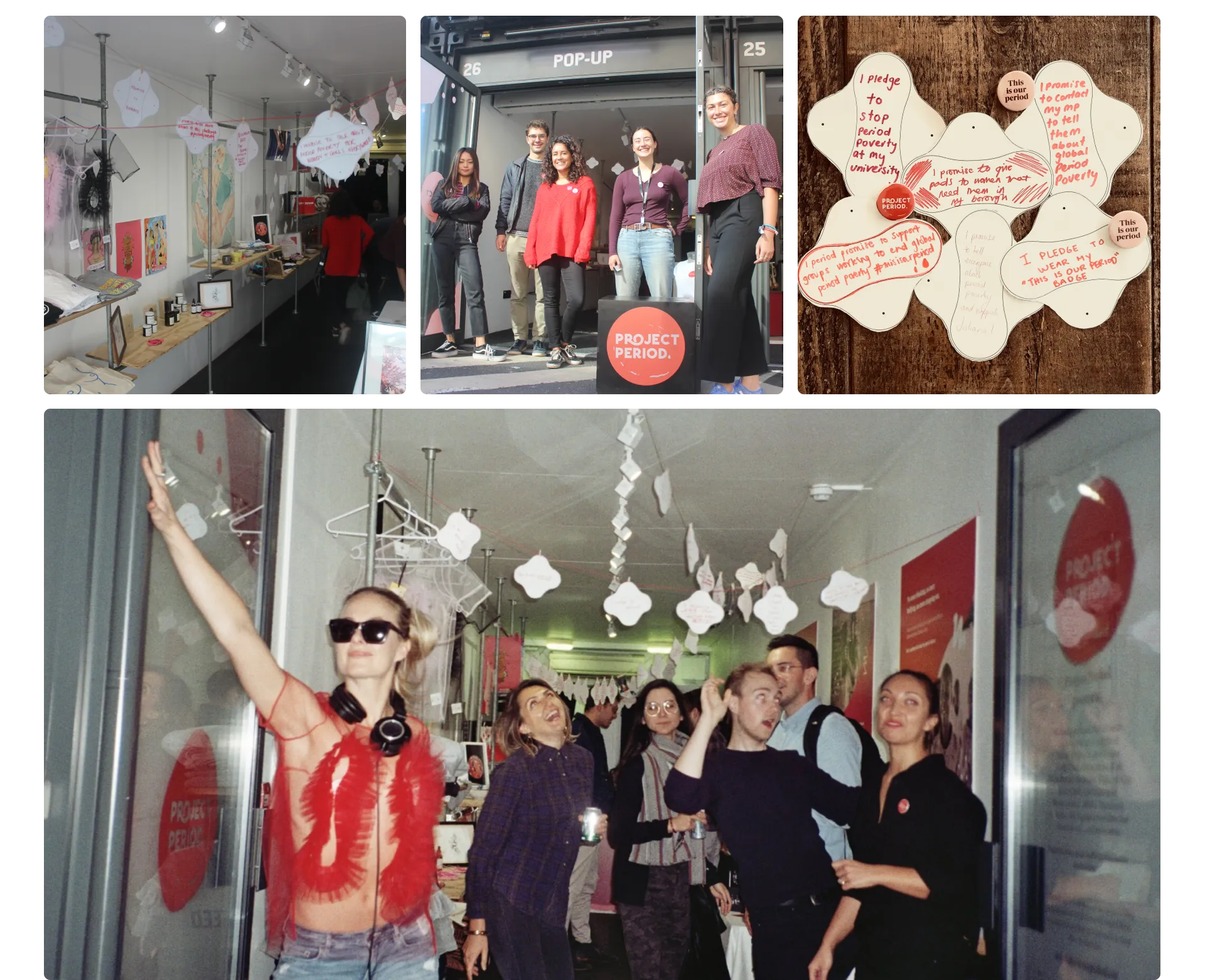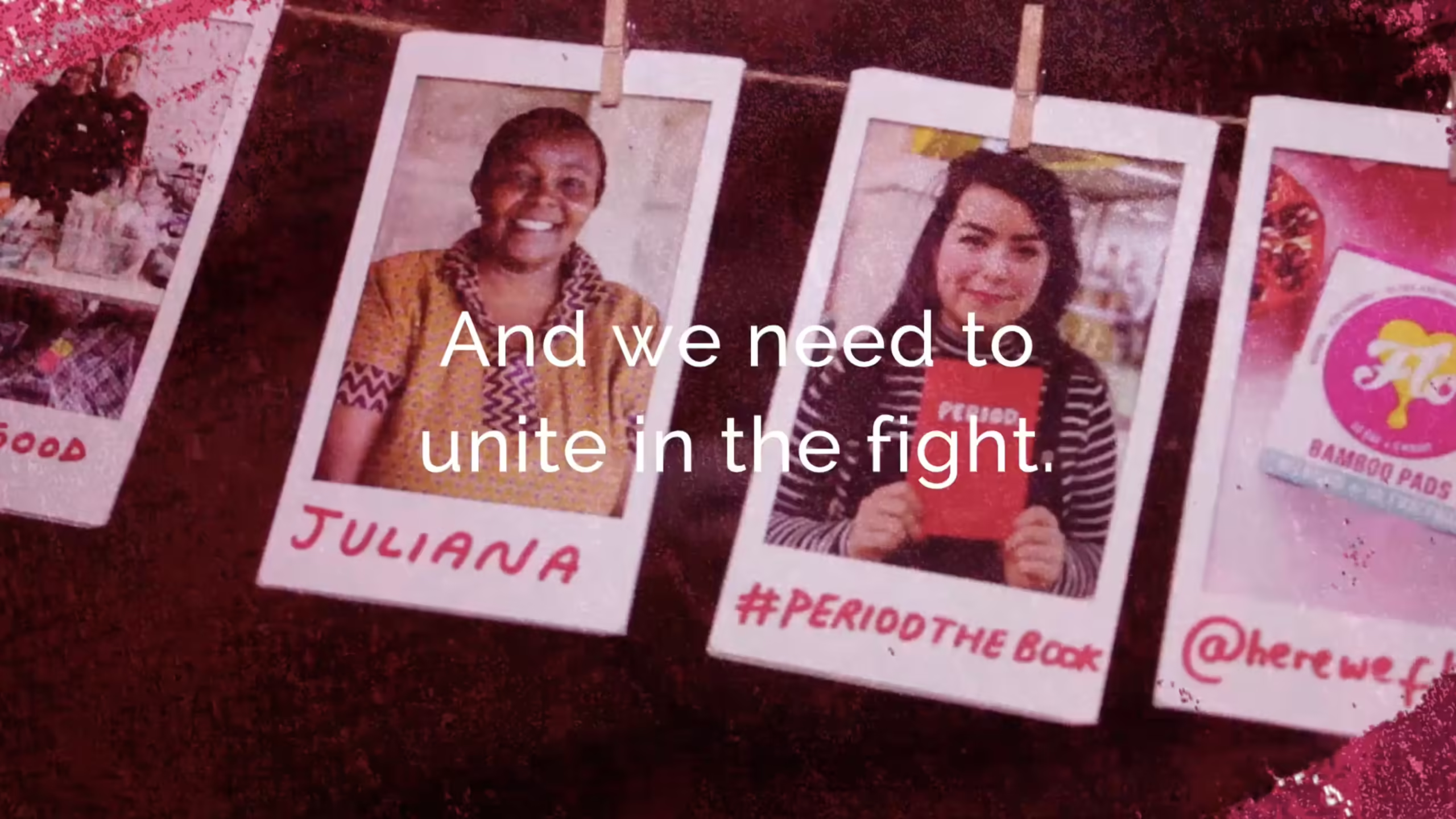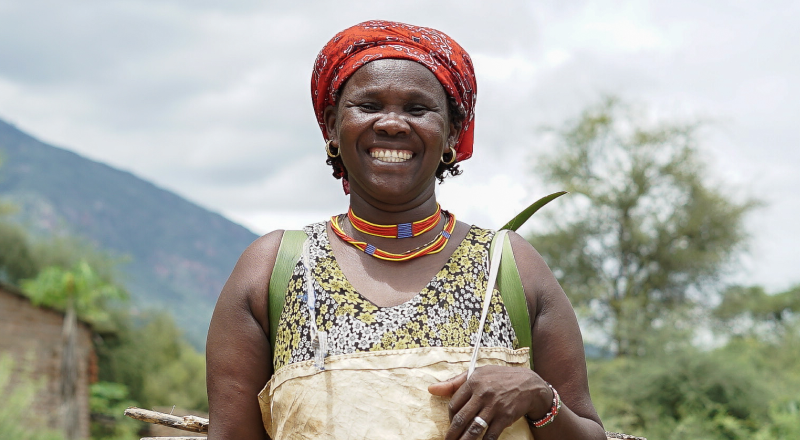Project Period
Activating a global community to end period poverty.
We partnered with the Bill & Melinda Gates Foundation on Project Period, to drive support for the fight on period poverty for people everywhere.
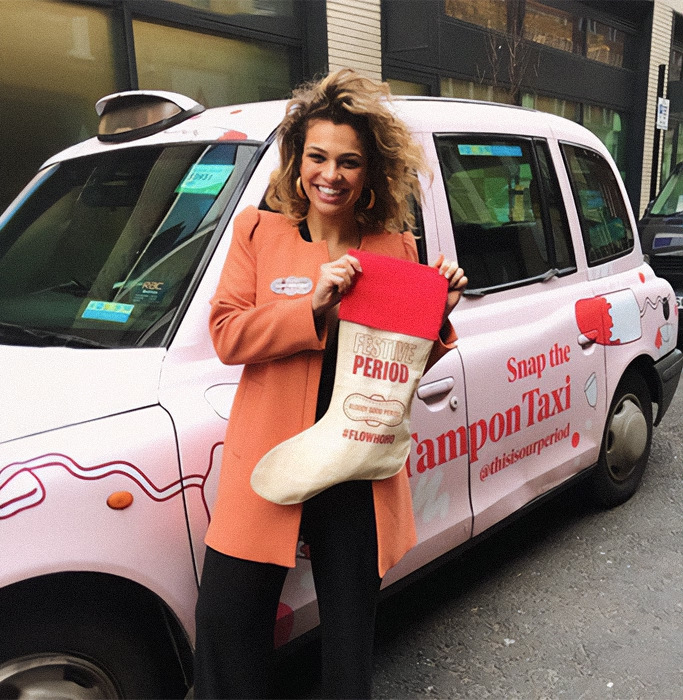
Overview
Project Period has reached over 2 million people, raising awareness on menstrual health, fostering conversations, and promoting menstrual equity.
5,000 products distributed by Tampon Taxis and 20,000 downloads of the All About Period! podcast.
Combined reach of 20M and average engagement of 5M for partnerships with non-traditional distribution partners and local influencers.
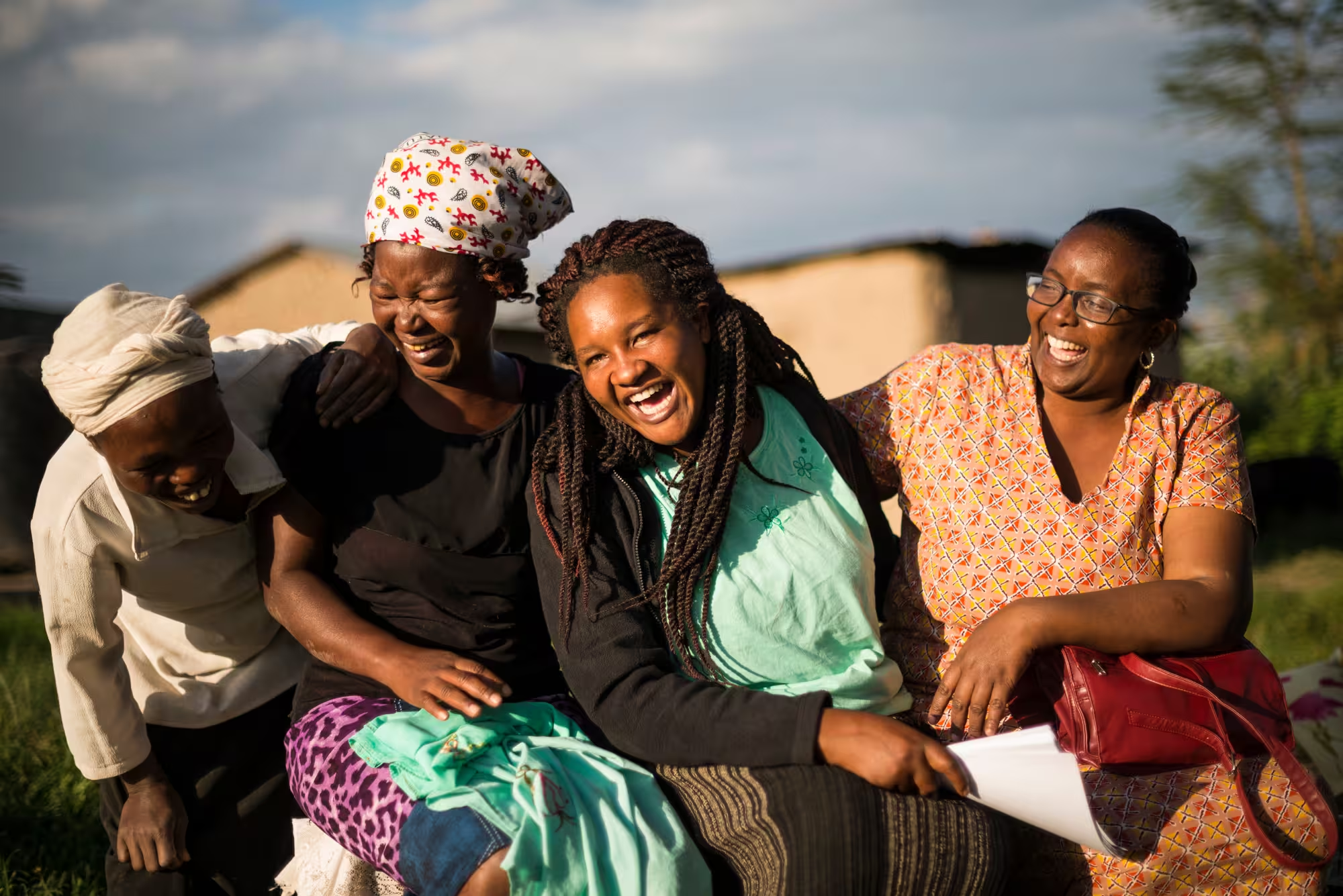
Challenge
Period poverty affects the well-being of young women all over the world. In fact, over 137,700 children in the UK have missed school because of it, and of more than 1,000 girls surveyed, nearly half were embarrassed by their period and many were afraid to ask for help because of the stigma. This suppression of menstruation conversations is hindering progressive policy on periods across the world.
Strategy
Our strategy was to integrate a global narrative into a national discussion around period poverty. By talking openly about periods we helped to increase salience on issues related to women’s health and gender equality, shift conversations and inspire action. In addition, collaborating with micro-influencers from adjacent communities let us tap into engaged networks and activate new audiences on the issue of global period poverty — equipping influencers, partners and supporters with the tools to advocate for this issue.
Creative
Project Period’s campaign brand was designed to complement, not overshadow, partner brands, making it adaptable for content creators. We crafted a bold visual system to generate excitement about ending period poverty globally. The dynamic, clean wordmark serves as a unifying symbol for partners. A vibrant color palette and custom textures add character, ensuring Project Period stands out as a key player in spreading awareness about period poverty worldwide.
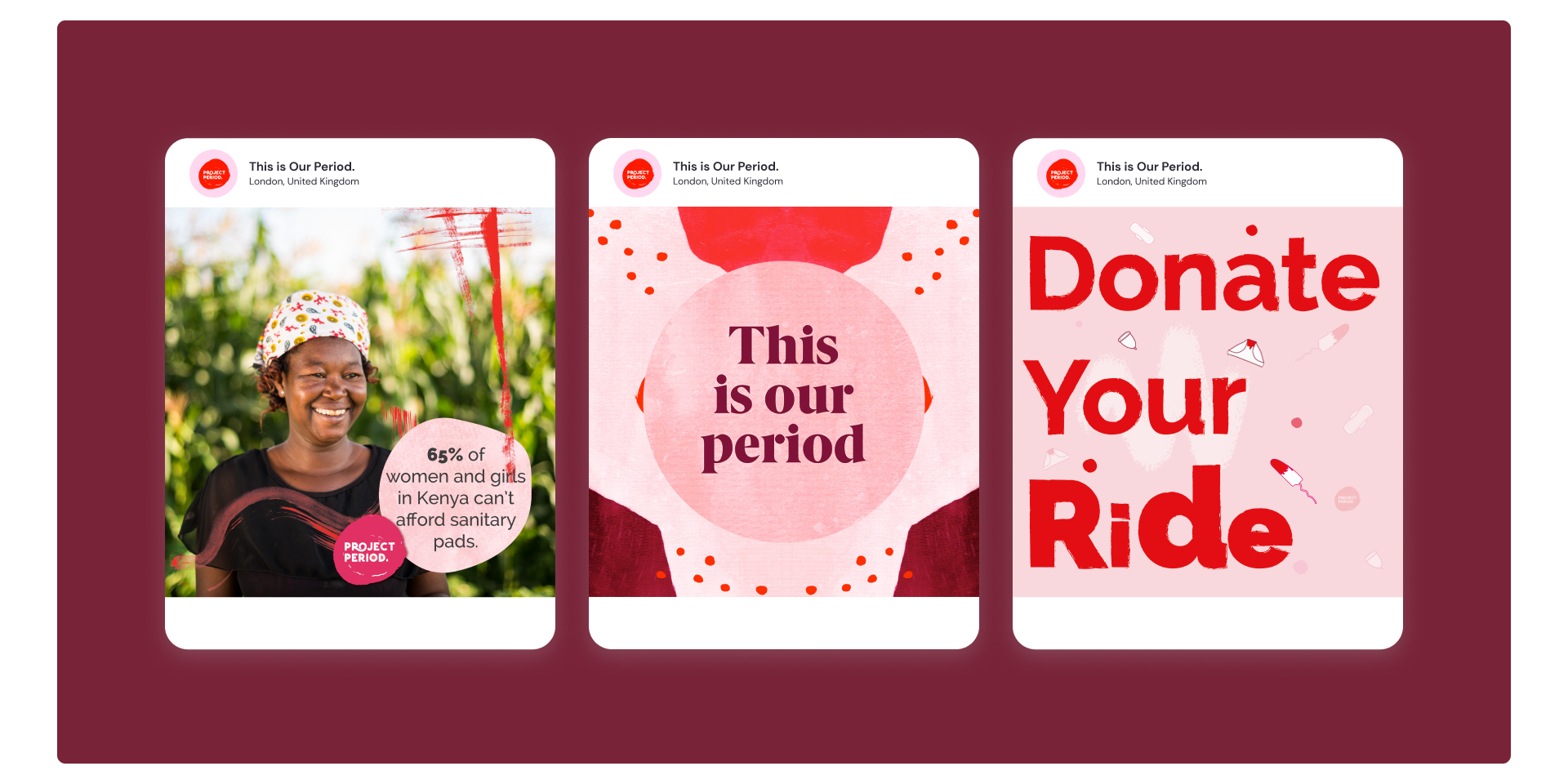
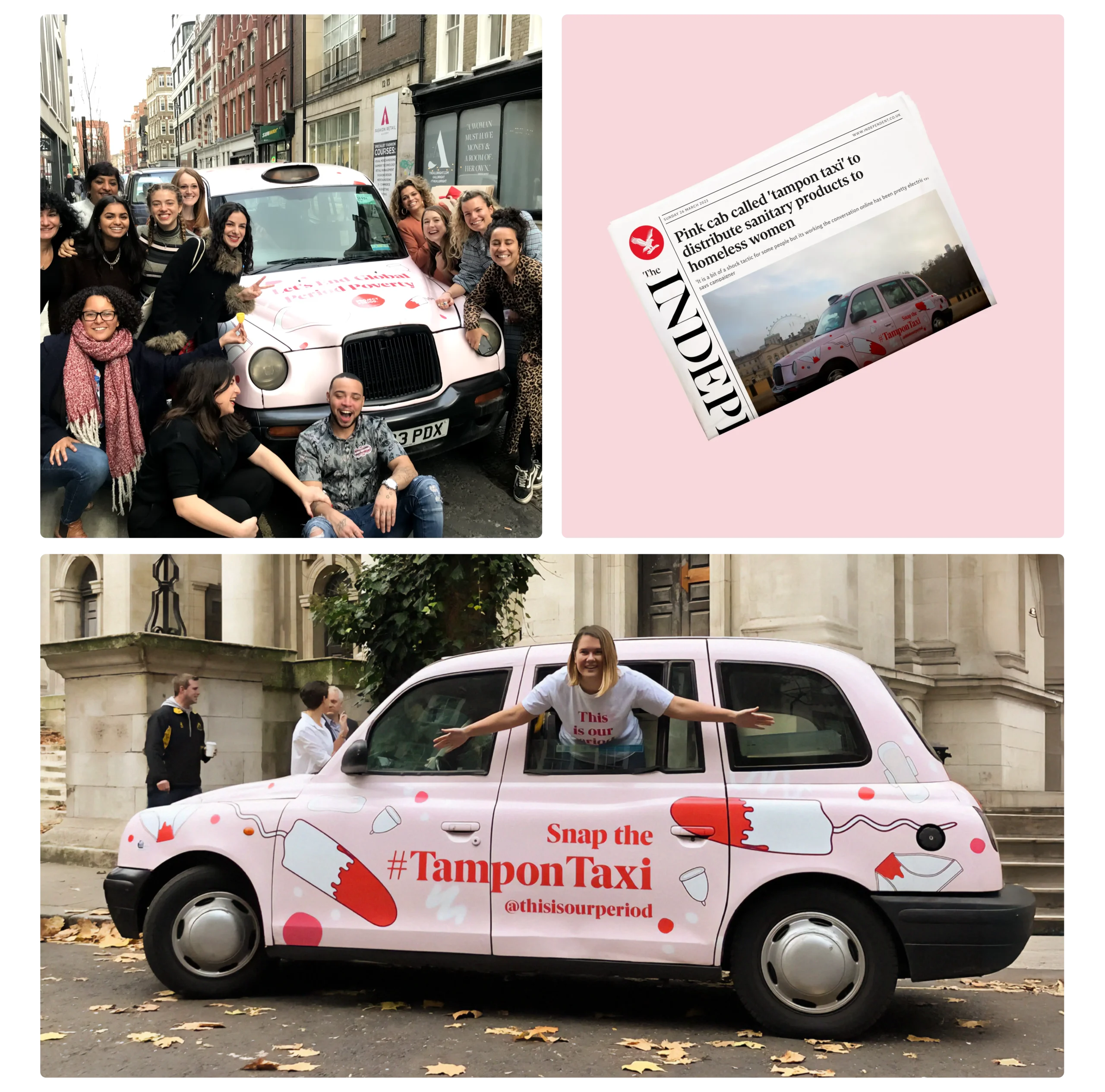
Campaign
We organized online and offline events with non-traditional partners to raise awareness of global period poverty and empower influencers. A key initiative, the Tampon Taxi, distributed 5,000 sanitary products across London and sparked hundreds of conversations about period poverty. The project received media coverage from major outlets and hosted a pop-up shop in Shoreditch with proceeds supporting the cause. Partnerships and events included a podcast and book launch.

Impact
Project Period successfully raised awareness about period poverty and gender equality, reaching over 2 million people and inspiring action through interactive events and a network of 80+ influencers. The campaign shifted conversations, led to higher-level actions like fundraising, and contributed to a major policy victory in the UK: making period supplies free in all schools. Now the coalition is expanding its efforts to end period poverty on a global scale.
